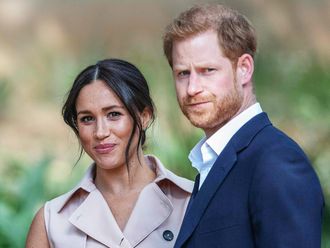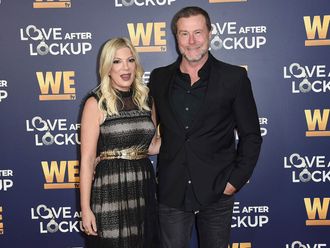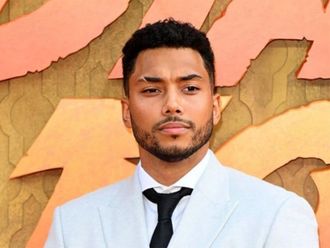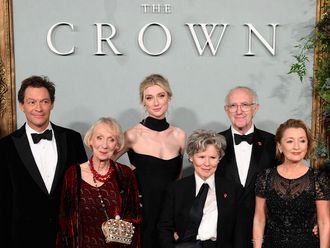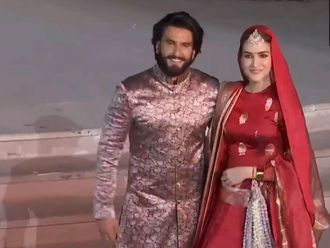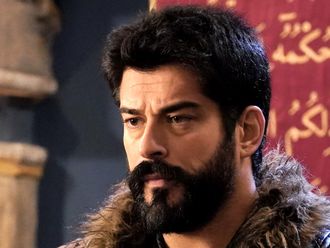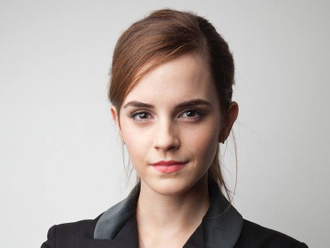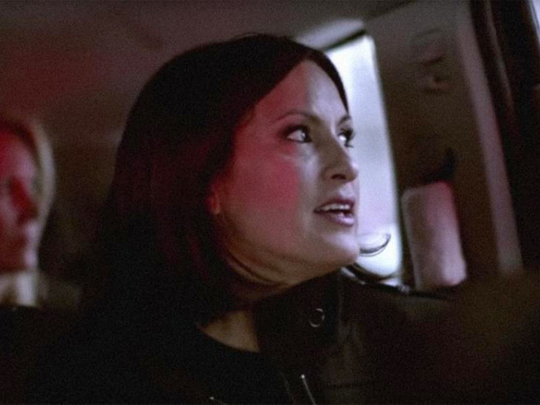
Working on the set of Law & Order: Special Victims Unit for almost 20 years, Mariska Hargitay received a flood of messages from sexual assault survivors. The experience drove her to action.
The actress teamed with directors Trish Adlesic, who worked on Law & Order: SVU for several years, and Geeta Gandbhir to produce I Am Evidence, an investigation of the backlog of untested rape kits in Los Angeles, Detroit and Cleveland.
The documentary centres on survivors who recount their experiences with assault and the years they waited for justice. It also follows Kym Worthy, a Wayne County, Mich., prosecutor, and her effort to end the backlog in Detroit.
“A lot of people just don’t know about this problem, and I was one of those people,” Hargitay says in the film. “And then you meet people like Kym Worthy and you see what she’s doing. You sort of can’t help but say, ‘What am I doing?’”
I Am Evidence premiered at the Tribeca Film Festival last year and has since been screened across the country. It will be debut on April 16 on HBO.
In a phone interview, Adlesic and Gandbhir discussed how they touched on the sensitive topic in the #MeToo era and what it was like working with Hargitay on the project.
What has happened in the year since I Am Evidence premiered at the Tribeca Fim Festival and other screenings?
Trish Adlesic: I was recently in Oxford, Mich., at the festival there and the state legislator publicly committed to putting policies in place and put bills forward that would count, track, test kits and do something with the findings of the tested rape kits. We’ve seen that in a few other places where screenings have taken place. There have been immediate and long-lasting results from the screenings.
Geeta Gandbhir: Every time the film plays somewhere, there’s also people who stand up in the audience and want to testify about their own experience.
Adlesic: At Michael Moore’s Film Festival in Traverse City, an emergency room doctor stood up and he was choked up. He was so fearful that if a victim would come in, he wouldn’t know how to conduct a rape kit exam and he urged us to show the film to medical schools. About 13 per cent of medical rooms have trained examiners who can conduct the kits. When we get that kind of reaction it helps us learn on what else we can be doing.
How did you ensure survivors felt comfortable sharing their stories?
Adeslic: One of the survivors in the film, Helena Lazaro of Los Angeles, actually created the first round of questions. She helped write the questions that would lead us into what would be most comfortable with survivors, approaching it as if it were a conversation with a friend. And those questions [were the framework] for all of the interviews that were conducted. There’s also a lot of prep work that goes into it. You make sure it’s a very small team, you try to take up as little space as possible. And if they’re not comfortable there’s always the option to stop. We also offered therapeutic support to the survivors interviewed.
Why did you chose to approach the topic the way you did?
Gandbhir: It was really important for us to have a survivor-centric story [and] for us to have the actual statistics and facts in for people to understand the gravity of this issue. One of the big things too was to try to get material about the survivor that was not just the interview — to give context about their lives so people could relate to them better. We wanted to present them as whole human beings with a lot of agency and a lot of power.
How do you think the #MeToo and Time’s Up movements will change the way the film is received?
Adelsic: The movement will help us get more attention. Time’s up; it’s been up, it was never there to begin with. And it’s a good opportunity for all these efforts to come together, because the rape kit backlog is so indicative of the way we see violence against women. By saying this is no longer acceptable and we now have a community that can support this fight, all the women that have gone before us in this effort can see we’re finally in this movement of seeing action and people being held accountable for misconduct.
How was working with Hargitay?
Adelsic: I worked on Law & Order: SVU for a few years and I had gone through documentaries on the issues of fracking. She took note of the attention it brought to those issues. We looked at each other one day and said, “This is the story.” She is such an extraordinary voice in this. She used every bit of her power to shed light on the darkness around sexual assault and domestic violence and child abuse.
Gandbhir: Mariska was also deeply involved. She watched the film over and over and over and made sure everything was done right. A lot of people in her position might not be so hands-on, but she was very invested and gave a lot of herself.
What is it like working on ‘Law & Order: SVU’ versus a documentary covering similar issues?
Adelsic: Making documentaries, it’s so gratifying because it’s so real. You get to know people in such an extraordinary way. But there are real sacrifices to it. The pay isn’t the same. It’s 24/7, it’s all-consuming.
Gandbhir: I came up with Spike Lee and had the same experience. It really taught me that the most important thing is your story no matter what you’re doing. There has to be a good story with a good arc and strong people within the story that your audience can relate to. What is the saying — real life is always stranger than fiction? There’s nothing more wonderful, more fascinating, more heartbreaking, more inspiring than real people.
__
Don’t miss it
I Am Evidence airs in the UAE on April 29 at 11:15pm on OSN First HBO HD.



